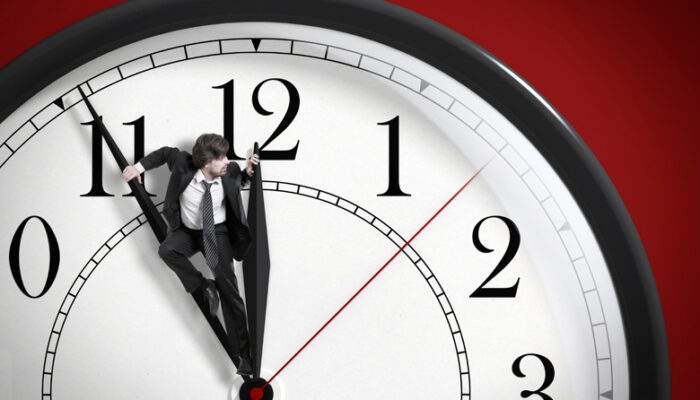9th Cir BAP: Yes, Cramdown a Lien Secured by Residence in 1322
It’s possible to bifurcate a secured debt on a home or HELOC in a Chapter 13 bankruptcy, but timing matters.
SUMMARY
In In re Lee and Chen, 2023 WL 7489928 (BAP 11/13/23), the Bankruptcy Appellate Panel for the Ninth Circuit (“BAP”) held that § 1322(c)(2) is an exception to § 1322(b)(2), and that the Chapter 13 debtors were able to bifurcate and cramdown a secured debt on their residence that matures during the plan.
Continue reading “9th Cir BAP: Yes, Cramdown a Lien Secured by Residence in 1322”





